


Oct. 15 marks the second anniversary of a symposium for Chinese artists, chaired by Chinese President Xi Jinping. Xi has called for artists to “create more works that are both artistically outstanding and morally inspiring.” In the past two years, encouraged by his words and stories, Chinese artists have risen to the challenge.
As the second anniversary draws near, People’s Daily published a story on Oct. 13 summarizing several of Xi’s favorite books and describing his great passion for literature. Below are some excerpts from those stories.
1. “Serve the country with supreme loyalty”

Xi read more literature when he was a teenager, and more political books as he grew older. Two books he read in his childhood tell the story of Yue Fei, a national hero from the Song Dynasty (960-1279). The books were bought for him by his mother.
One story that particularly impressed Xi is the story of Yue’s mother tattooing Yue with a reminder to serve his country. This way, his mother told him, those words would always be embedded deeply in Yue’s mind.
2. Read all the classics he could find
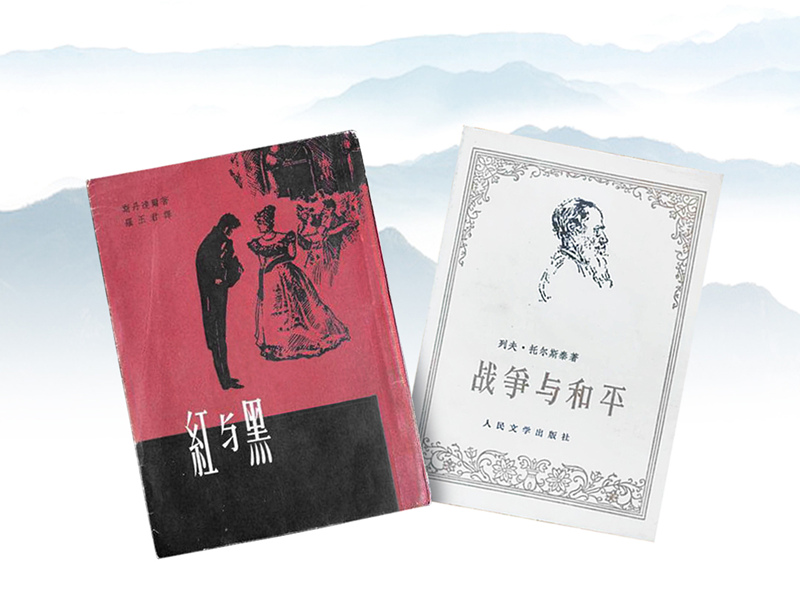
Xi said his generation was deeply influenced by the concepts of self-cultivation, family harmony, country management and world peace. Understanding the necessity of reading for self-improvement, Xi read many books while working in rural areas alongside other young people.
Xi’s fellow workers, all from different schools, maintained a lively book exchange. Classics like “The Red and the Black,” “War and Peace” and textbooks from the Qing and Ming Dynasties were some of the books he read in those days.
3. Epigrams from literature in the Ming Dynasty
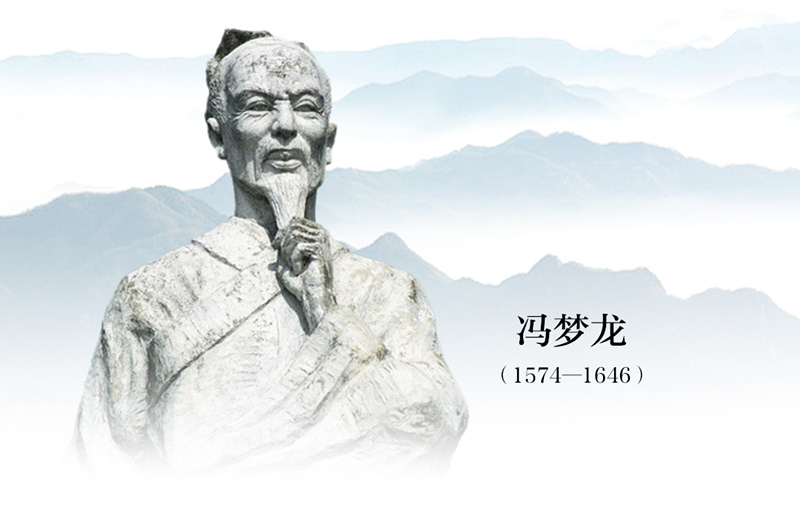
The books written by Feng Menglong, a Chinese vernacular writer and poet of the late Ming Dynasty, also left a deep impression on Xi, even inspiring him to memorize some passages.
Feng was the magistrate of the remote Shouning County in Fujian province. Shouning County is subordinate to the city of Ningde, where Xi once worked. With personal experience of the hard life there, Xi was very impressed by Feng’s spirit and has often quoted his words later in life.
4. “What Is to Be Done” and perseverance
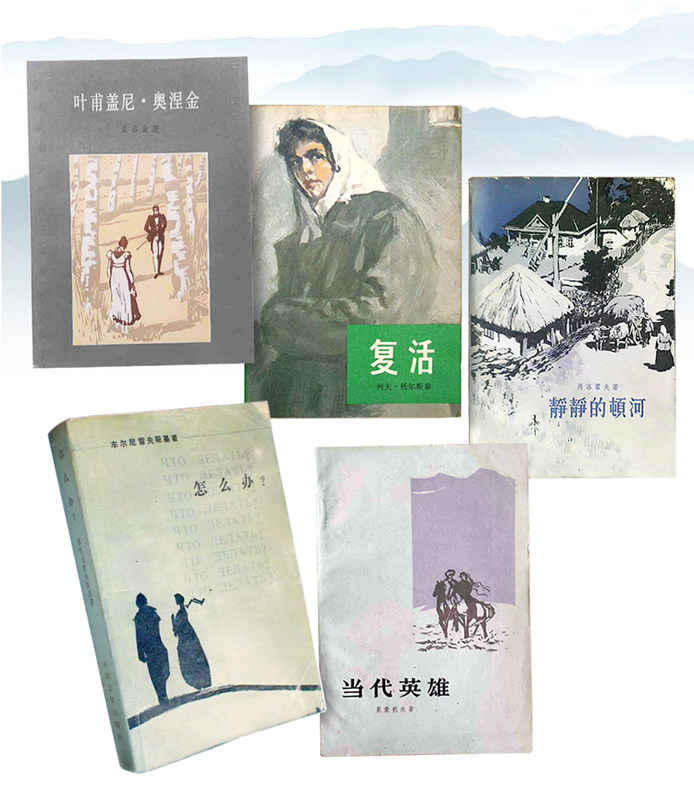
Xi also read a lot of Russian literature, such as works by Alexander Pushkin and Leo Tolstoy.
He read “What Is to Be Done” by Nikolai Gavrilovich Chernyshevsky while he was living in a house cave in Shaanxi province. Inspired by the protagonist in the book, he removed his bedding and slept on a hard brick bed, exercising even in the rain and snow. In this way, he enhanced his perseverance in order to prepare for future hardships.
5. Walked 30 miles to borrow a Faust book
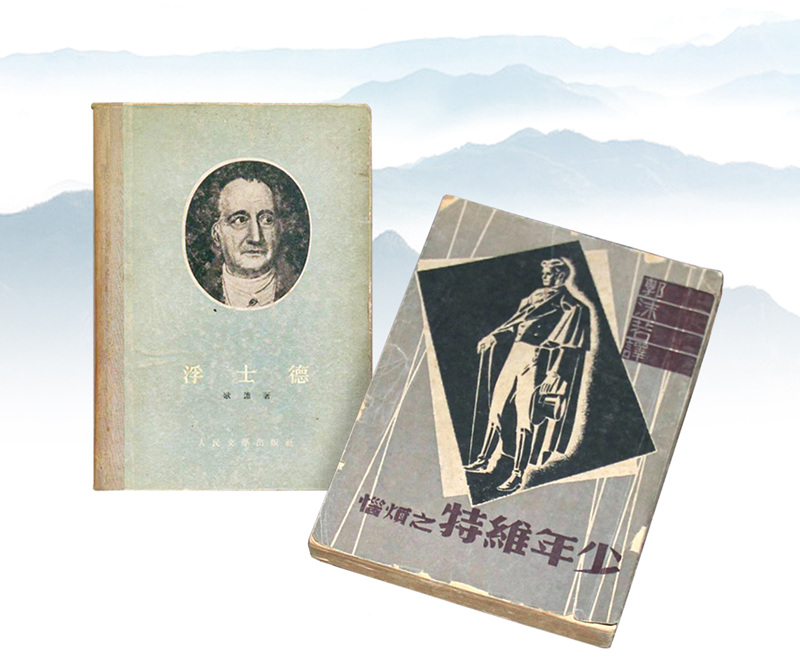
Xi read “The Sorrows of Young Werther” when he was 14. He was so eager to read Goethe's Faust that he walked 30 miles to borrow it from another student.
As Faust is hard to digest, he once told German Chancellor Angela Merkel and several German sinologists that he didn’t quite understand it. In the end, he was reassured by their response – they said that even Germans don’t always fully understand the book.
6. Visited Hemingway’s Cuba
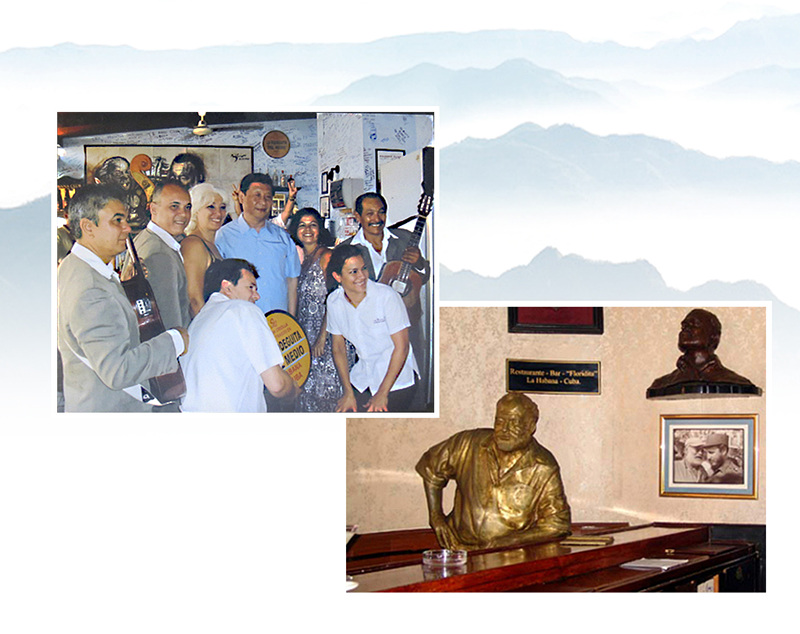
Xi didn’t read much American literature, but he was impressed by the book “Leaves of Grass” by Walt Whitman as well as several books by Mark Twain. His favorite American author is Jack London. London’s short story collection “Love of Life” was also a favorite of Lenin’s.
According to Xi, another book that impressed him was Hemingway’s “The Old Man and the Sea.” In order to experience the author’s spiritual world, Xi, during his first visit to Cuba, went to the place Hemingway wrote about in “The Old Man and the Sea,” finding it to be exactly as Hemingway had described. During his second visit, he saw the local bar where Hemingway used to write.
7. Impressed by the works of Victor Hugo
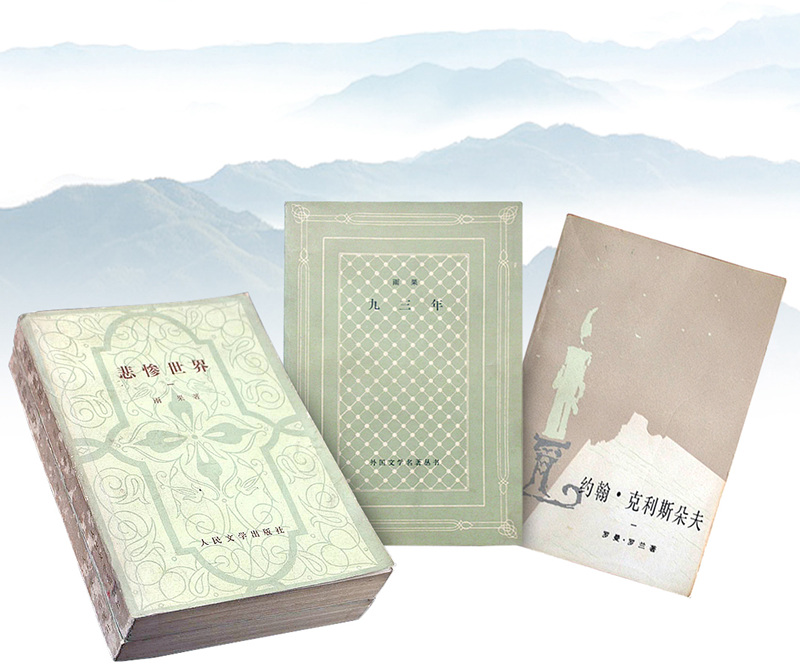
Xi developed an interest in French literature in his youth. The country’s history, philosophy and art also intrigued him. Stendhal’s “The Red and the Black” has been a prevailing influence, though Balzac and Maupassant rank first in Xi’s mind when it comes to descriptions of the secular world.
Xi once said that the novels written by Victor Hugo impressed him the most. He found the moment when Bishop Myriel enlightens Jean Valjean to be quite moving. According to Xi, it’s literature like this that possesses the ultimate power to move people and shape morality.

 Award-winning photos show poverty reduction achievements in NE China's Jilin province
Award-winning photos show poverty reduction achievements in NE China's Jilin province People dance to greet advent of New Year in Ameiqituo Town, Guizhou
People dance to greet advent of New Year in Ameiqituo Town, Guizhou Fire brigade in Shanghai holds group wedding
Fire brigade in Shanghai holds group wedding Tourists enjoy ice sculptures in Datan Town, north China
Tourists enjoy ice sculptures in Datan Town, north China Sunset scenery of Dayan Pagoda in Xi'an
Sunset scenery of Dayan Pagoda in Xi'an Tourists have fun at scenic spot in Nanlong Town, NW China
Tourists have fun at scenic spot in Nanlong Town, NW China Harbin attracts tourists by making best use of ice in winter
Harbin attracts tourists by making best use of ice in winter In pics: FIS Alpine Ski Women's World Cup Slalom
In pics: FIS Alpine Ski Women's World Cup Slalom Black-necked cranes rest at reservoir in Lhunzhub County, Lhasa
Black-necked cranes rest at reservoir in Lhunzhub County, Lhasa China's FAST telescope will be available to foreign scientists in April
China's FAST telescope will be available to foreign scientists in April